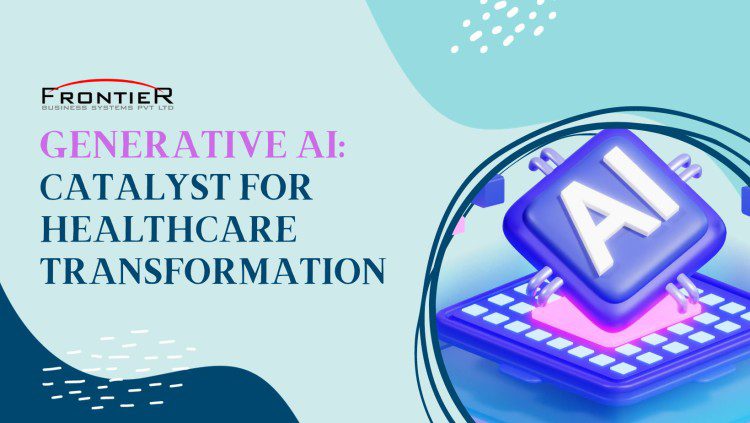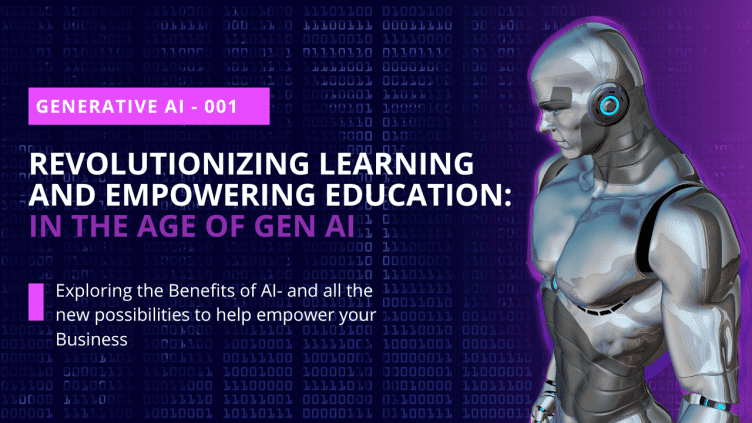Generative AI, a dynamic force in artificial intelligence, is poised to revolutionize healthcare, ushering in a new era of innovation and improved patient outcomes. Here’s a concise look at how this transformative technology is reshaping the future of healthcare
1. Precision in Medical Imaging:
Generative AI enhances the accuracy of medical imaging, analyzing X-rays, CT scans, and MRIs to detect subtle abnormalities often overlooked by the human eye. This proves invaluable in early-stage disease diagnosis, including cancers.
2. Personalized Treatment Planning:
By delving into patient data, including medical history, genetics, and lifestyle factors, Generative AI predicts individual responses to treatments. This personalized approach tailors treatment plans to the unique needs of each patient, significantly improving the likelihood of successful outcomes.
3. Accelerated Drug Discovery:
Tackling the prolonged and costly drug discovery process, Generative AI swiftly identifies promising drug candidates by analyzing vast datasets of molecular structures and biological information. This efficiency holds the potential to revolutionize how we approach treating diseases.
4. Addressing Healthcare Challenges:
Generative AI holds promise in addressing pressing healthcare challenges, including:
– Improving access to care through AI-powered chatbots offering 24/7 healthcare information and support.
– Reducing healthcare costs by automating administrative tasks, allowing providers to focus on patient care.
– Addressing health disparities by identifying and mitigating root causes such as socioeconomic factors.
5. Current Applications in Healthcare:
Generative AI is already making waves in healthcare with applications like:
– Developing personalized cancer vaccines.
– Predicting the risk of heart disease.
– Detecting early signs of Alzheimer’s disease.
– Identifying new drug targets.



